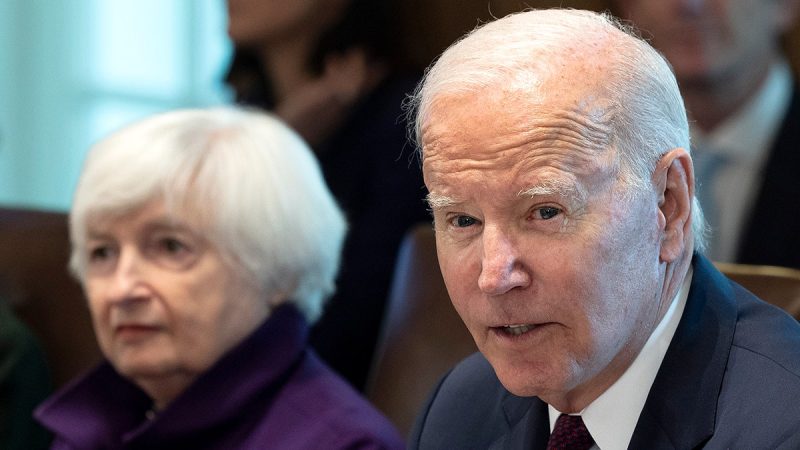June 25, 2024
Victory for the Status Quo: Primary Voters Stay Loyal to Incumbents
 The recent trend in primary elections has shown a clear preference for incumbent candidates across various levels of government. Despite increasing calls for change and fresh perspectives, primary voters have mostly opted for continuity by choosing to support the incumbents. This trend has significant implications for political dynamics and the future direction of the country.
One possible explanation for the consistent success of incumbents in primary elections is the power of name recognition and established reputation. Incumbents typically have greater visibility and access to resources, which can give them a significant advantage over challengers. Their track record and experience in office also play a role in reassuring voters who may be hesitant to support a new and untested candidate.
Additionally, the support for incumbents in primary elections may reflect a broader sense of stability and confidence in the status quo among voters. Incumbents are seen as a known quantity, with a proven record of performance that voters are comfortable with. In times of uncertainty or political upheaval, this familiarity and sense of security can be particularly appealing to voters who are hesitant to take a gamble on a new candidate.
Moreover, the influence of party organizations and established networks cannot be underestimated in primary elections. Incumbents often have the backing of party leadership and established political structures, which can provide them with additional resources and support. Party endorsements and connections can help incumbents build a strong campaign infrastructure and mobilize voters effectively, giving them a significant advantage over challengers who lack similar backing.
The trend of primary voters consistently supporting incumbents raises important questions about the state of democracy and political competition. While continuity and stability have their merits, a lack of turnover in elected positions can also lead to complacency and a resistance to change. The dominance of incumbents in primary elections can limit the diversity of ideas and perspectives in government, potentially stifling innovation and progress.
In conclusion, the establishment's continued success in primary elections highlights the complexities of democratic decision-making and the various factors that influence voters' choices. While the support for incumbents may be driven by factors such as name recognition, reputation, and party backing, it also raises concerns about the need for greater diversity and competition in elected offices. As the political landscape continues to evolve, it will be crucial to strike a balance between continuity and change to ensure a healthy and vibrant democracy.
The recent trend in primary elections has shown a clear preference for incumbent candidates across various levels of government. Despite increasing calls for change and fresh perspectives, primary voters have mostly opted for continuity by choosing to support the incumbents. This trend has significant implications for political dynamics and the future direction of the country.
One possible explanation for the consistent success of incumbents in primary elections is the power of name recognition and established reputation. Incumbents typically have greater visibility and access to resources, which can give them a significant advantage over challengers. Their track record and experience in office also play a role in reassuring voters who may be hesitant to support a new and untested candidate.
Additionally, the support for incumbents in primary elections may reflect a broader sense of stability and confidence in the status quo among voters. Incumbents are seen as a known quantity, with a proven record of performance that voters are comfortable with. In times of uncertainty or political upheaval, this familiarity and sense of security can be particularly appealing to voters who are hesitant to take a gamble on a new candidate.
Moreover, the influence of party organizations and established networks cannot be underestimated in primary elections. Incumbents often have the backing of party leadership and established political structures, which can provide them with additional resources and support. Party endorsements and connections can help incumbents build a strong campaign infrastructure and mobilize voters effectively, giving them a significant advantage over challengers who lack similar backing.
The trend of primary voters consistently supporting incumbents raises important questions about the state of democracy and political competition. While continuity and stability have their merits, a lack of turnover in elected positions can also lead to complacency and a resistance to change. The dominance of incumbents in primary elections can limit the diversity of ideas and perspectives in government, potentially stifling innovation and progress.
In conclusion, the establishment's continued success in primary elections highlights the complexities of democratic decision-making and the various factors that influence voters' choices. While the support for incumbents may be driven by factors such as name recognition, reputation, and party backing, it also raises concerns about the need for greater diversity and competition in elected offices. As the political landscape continues to evolve, it will be crucial to strike a balance between continuity and change to ensure a healthy and vibrant democracy.
If you would like to delve into the world of investment topics , go to our partner project Wall Street Wizardry


